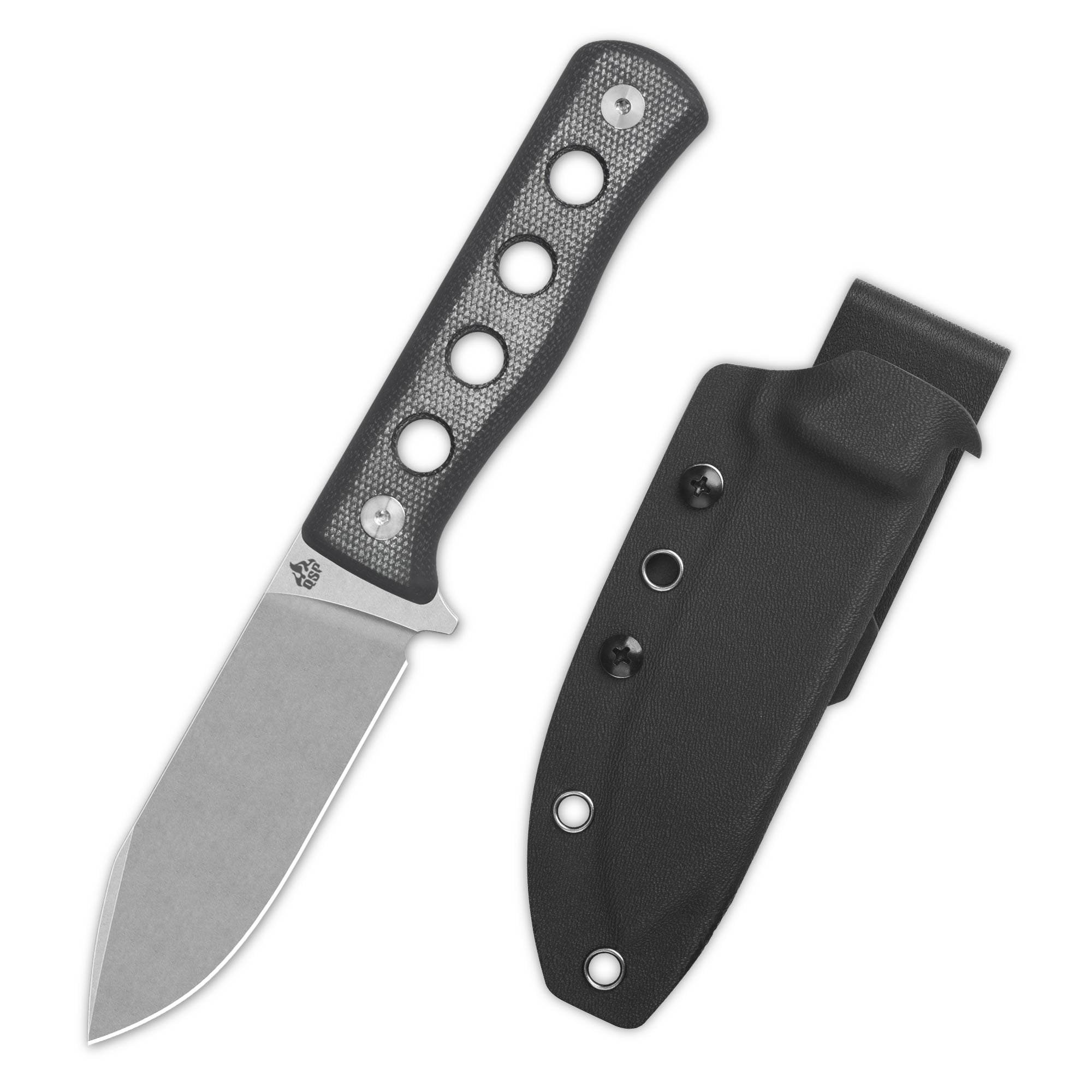Unleash Your Inner Warrior: The Ultimate Guide to Choosing the Perfect Fixed Blade Knife!
Fixed blade knives are not just tools; they are essential companions for survivalists, hunters, and everyday enthusiasts alike. Whether you find yourself in the wild, preparing for your next camping trip, or tackling tasks around the house, a reliable fixed blade knife can make all the difference. The significance of these knives stems from their durability and versatility, making them a preferred choice for various activities. However, selecting the right knife tailored to your specific needs and preferences is paramount. With myriad options available, understanding the attributes that define an ideal fixed blade knife is crucial for anyone looking to enhance their outdoor experience or tackle daily challenges with confidence.

Understanding Fixed Blade Knives
Fixed blade knives are characterized by their blades that are fixed in place, as opposed to folding knives that feature retractable blades. This design provides several advantages, including greater strength and durability, making them suitable for heavy-duty tasks. The solid blade construction eliminates the risk of the knife accidentally closing during use, offering users a sense of security and reliability. Additionally, fixed blade knives are generally easier to maintain; they don’t have moving parts that can wear out or malfunction. The simplicity of these knives allows for straightforward cleaning and sharpening, ensuring they remain in optimal condition for any endeavor.
Key Features to Consider
When choosing a fixed blade knife, several key features should be taken into account. Blade material plays a significant role; stainless steel offers corrosion resistance, while carbon steel provides superior sharpness and edge retention. The blade shape also affects performance; a drop point blade is versatile for general use, while a tanto blade is great for piercing tasks. Handle design is equally important; it should provide a comfortable grip and be made from materials like rubber or G10 for optimal control. Lastly, consider the overall size of the knife; a larger blade may be suitable for outdoor activities, while a compact one can be more practical for everyday carry.
Types of Fixed Blade Knives
Fixed blade knives come in various types, each designed for specific uses. Hunting knives are typically crafted with a curved edge for skinning and gutting game. Survival knives, on the other hand, are built for versatility and may include features like a sharpened spine for striking fire steels. Tactical knives are designed for combat situations, featuring robust construction and ergonomic designs for rapid deployment. Lastly, kitchen knives, while less traditional in the outdoor realm, are essential for culinary tasks, offering precision and efficiency in food preparation. Understanding the nuances of these knife types helps in selecting one that best fits your intended use.
How to Choose the Right Fixed Blade Knife for You
Choosing the right fixed blade knife involves a careful assessment of your personal needs and preferences. Start by identifying the primary use of the knife; whether for hunting, survival situations, or everyday tasks, this will guide your selection process. Additionally, consider your budget; while high-end knives offer advanced features, there are plenty of affordable options that provide excellent quality. Comfort is another vital aspect; hold the knife in your hand and ensure it feels secure and well-balanced. Friends who have made similar purchases often recommend trying out different knives at local stores to find the perfect fit before making a decision.
Maintenance and Care Tips
To ensure the longevity and performance of your fixed blade knife, proper maintenance is essential. Regular cleaning after each use is crucial; wipe the blade with a damp cloth and dry it thoroughly to prevent rust. Sharpening the blade regularly will help maintain its edge, and using a whetstone or honing rod can yield great results. For storage, keep the knife in a sheath to protect the blade and prevent accidents; avoid keeping it in damp environments to reduce the risk of corrosion. By following these simple care tips, your fixed blade knife can serve you faithfully for years to come.
Summary of Key Considerations
In summary, selecting the best fixed blade knife involves understanding the various types, key features, and maintenance practices necessary for keeping your knife in peak condition. The right knife should reflect your personal needs, whether for survival, hunting, or everyday utility. As you explore the options available, remember to prioritize comfort and functionality to find the knife that truly suits you. Investing in a quality fixed blade knife can enhance your outdoor adventures and daily tasks, making it a worthwhile addition to your gear collection.








